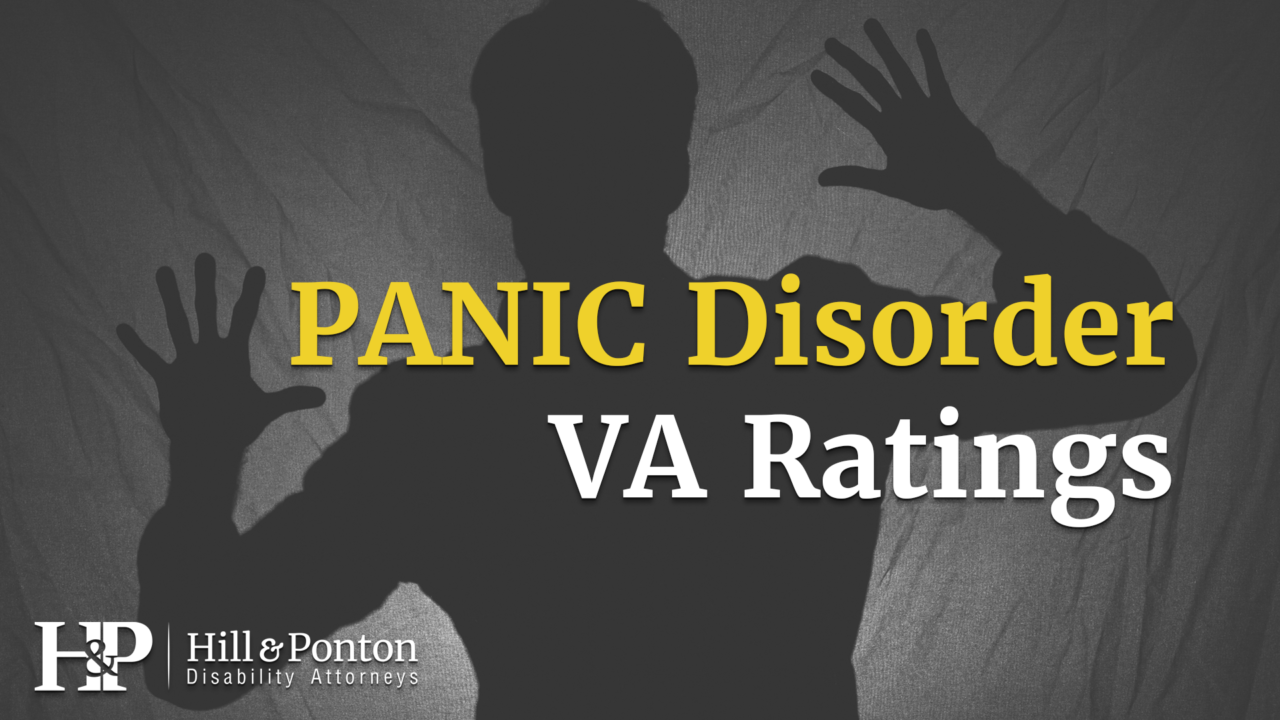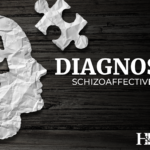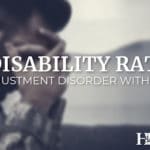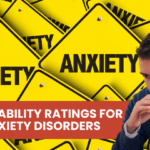Not to be confused with Generalized Anxiety Disorder or PTSD, today we’re talking about Panic Disorder. Panic disorder is a different form of anxiety disorder that leads explicitly to anxiety attacks, also known as panic attacks. Many vets silently suffer from these types of “invisible” conditions once they return home from deployment and have a lot of time to think things over.
However, there is some hope since VA does award service-connection for mental health conditions that can be linked to your active duty service. Let’s get into it below!
What is Panic Disorder?
Panic disorder is a form of anxiety that causes panic attacks – brief episodes of intense fear and terror without cause. Anxiety attacks can happen at any time and place, and they may occur without notice. Oftentimes, the worry of a panic attack happening is enough to trigger one by itself. Thank you, brain!
Common Symptoms of Panic Disorder
- Very fast-beating heart rate accompanied with Sweating and trembling.
- You may experience short, shallow breaths or tightness in your throat like a vice grip if you are anxious. These symptoms can be caused by the fight-or-flight response, which is a reaction that your body has to stress.
- A feeling that something wrong or dangerous is about to happen.
- Chest pain
- Headache, or Dizziness/ Lightheadedness
- Depersonalization
- Fear of dying
- Fear of going insane
- Nausea
- New irrational fears
- Problems at home, school, and/or work
- Substance abuse
- Do not be surprised if there are multiple mental health diagnoses present too.
As we mentioned above, the fear of having another panic attack is one of the most common symptoms of panic disorder. Some individuals will actively avoid certain situations because they believe they will experience a panic attack and become highly anxious about what could happen or feel shame.
VA Service-Connected Benefits for Panic Disorder
In order to qualify for service connection for panic disorder on a direct basis, veterans must provide documentation of the following three items:
- If you have panic disorder, you can get disability benefits from the VA. In order to prove that you have the condition, you will need to provide medical records. The diagnosis must be current in order to qualify.
- Evidence of an In-service events or injury inactive duty. The best way to prove that an in-service event happened is to have service treatment records since the military SHOULD have recorded history of any injury or illness you got while you were in the service, although we know that doesn’t always happen.
- A medical nexus, or medical link, between the panic disorder and the in-service event or injury. Medical evidence is king here, but in situations where that’s unavailable, buddy statements could really come through to help you corroborate your claim. How VA Rates Panic Disorder
VA Rating for Mental Health Conditions
- 0% Mental Health Rating: The VA considers a mental condition non-compensable if the symptoms are not severe enough to interfere with your work or social life. This means that you do not need to take medication all the time to control the symptoms.
- 10% mental health Rating: Some veterans have mild or transient symptoms that make it harder for them to work. These symptoms only happen during times of stress or when they take medication to control them.
- 30% mental health Rating: The veteran has some problems at work because of symptoms like feeling depressed, anxious, or suspicious. They also have issues with chronic sleep deprivation and mild memory loss.
- 50% mental health rating: The veteran has a hard time working because of symptoms like not being able to feel happy, difficulty understanding complex instructions, forgetting things often, having mood swings, and finding it hard to make friends or keep a job. We can already see this is getting pretty devastating, and we’re only at 50%.
- 70% mental health rating: Veterans can experience problems with work, school, family life, judgment, thinking, and mood. This is often due to symptoms such as suicidal thoughts, rituals that get in the way of daily activities, illogical speech, near-continuous panic attacks, depression that stops them from functioning normally, impaired impulse control, not taking care of their personal hygiene, and having severe issues maintaining employment or meaningful relationships.
- 100% mental health rating: The veteran has total occupational and social impairment due to difficulty thinking or communicating, hallucinations, strange or dangerous behavior, difficulty completing daily tasks, confusion about time and place, and forgetting important people’s names like loved ones.
Total Disability based on Individual Unemployability for Panic Disorder
Suppose a veteran can’t find a job because of their panic disorder connected to their service. In that case, they may be able to get 100% disability rating benefits from the VA through TDIU even though they’re not technically at a 100% level.
The VA should supposedly consider vets for TDIU when they are looking at service-connected claims that are pretty severe for their disorder. However, veterans can also file the TDIU VA form 21-8940 to get that started.
C&P Exam for Panic Disorders
When you go in for your VA C&P exam, they will be looking for evidence of your panic disorder. This includes things like fear or anxiety attacks, feeling out of control, and worrying about having another attack. You’ll want to make sure you bring any medication information with you to the appointment, as well as records of any treatments you’ve received for the condition.
The VA doctor will also ask you questions about your symptoms and how they’ve affected your life. All of this information will be used to determine your VA disability rating for panic disorder. Make sure you attend this examination; you cannot skip it without a legitimate reason you can prove. If it’s impossible for you to make it to one, albeit from a distance or timeframe, then call the VA and communicate that.
Wrongfully denied a mental health claim or lowballed?
If you’re a disabled veteran who had your service-connected claim denied or lowballed, don’t give up. The VA disability rating for panic disorder and any mental health disorder can be complicated, but our team of experts is here to help. We have years of experience fighting for the benefits that our veterans deserve, and we won’t stop until we get you the compensation you rightly. If you have an active decision you want to appeal, press the button below.





